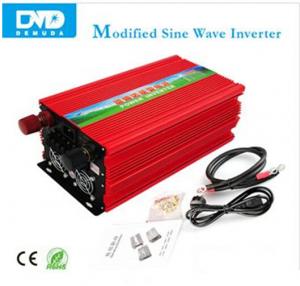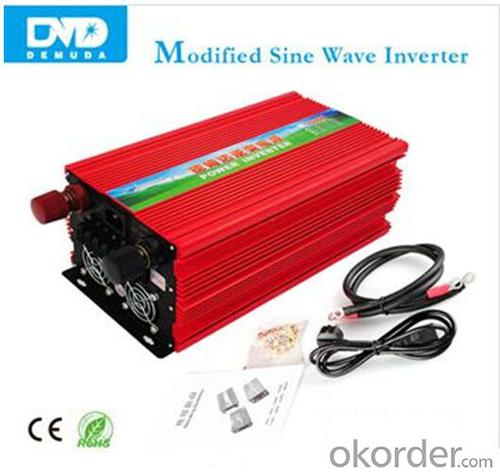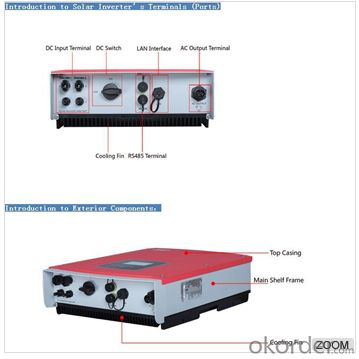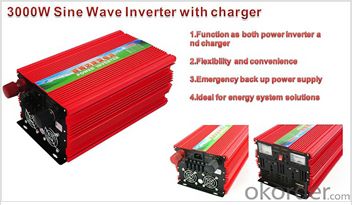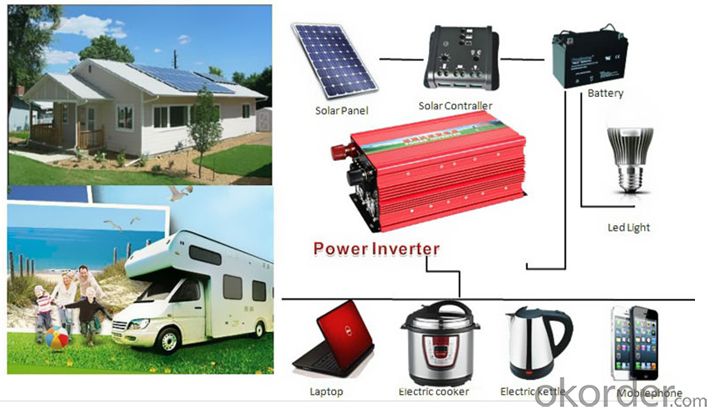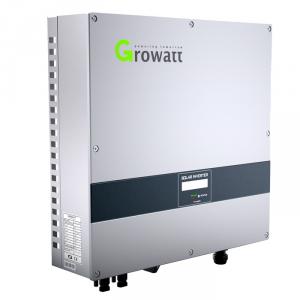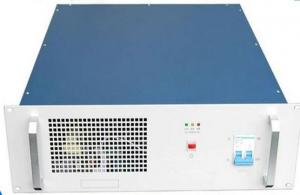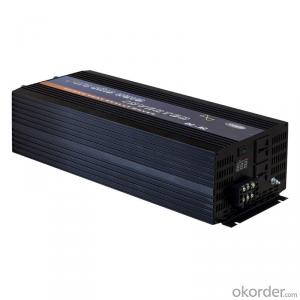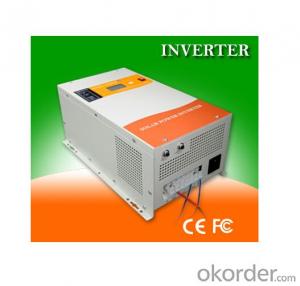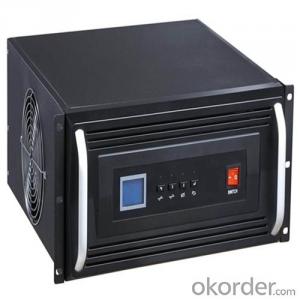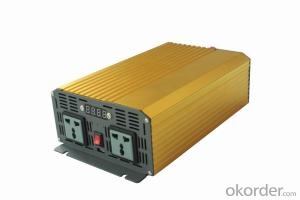3ph Solar Inverter Modified Sine Wave 3000W
- Loading Port:
- China main port
- Payment Terms:
- TT or LC
- Min Order Qty:
- 50 unit
- Supply Capability:
- 1000 unit/month
OKorder Service Pledge
OKorder Financial Service
You Might Also Like
1. Structure of Solar Inverter, High quality Single Phase Modified Sine Wave 3000w Description
The inverter series is an electronic product that has been designed and built to take low DC woltage power from batteries and convert it to
standard AC power like the current you have at home.
The Inverter series is a DC-to-AC with auto line-to-battery transfer and intergrated charging system. Inverter series powers from ACpower
and DC source, serving as an extended run UPS. When AC cable is connected to a wall socket, utility power goes to connected equipment
and/or charges the battery set via charging system. In Inverter mode, the Inverter series automatically converts battery energy into AC power
for backing up the connected devices.
2. Main Features of Solar Inverter, High quality Single Phase Modified Sine Wave 3000w
• Low voltage protection
• Over voltage protection
• Overload protection
• Over temperature protection
• Short circuit protection
3. Solar Inverter, High quality Single Phase Modified Sine Wave 3000w Images
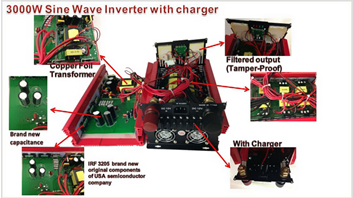
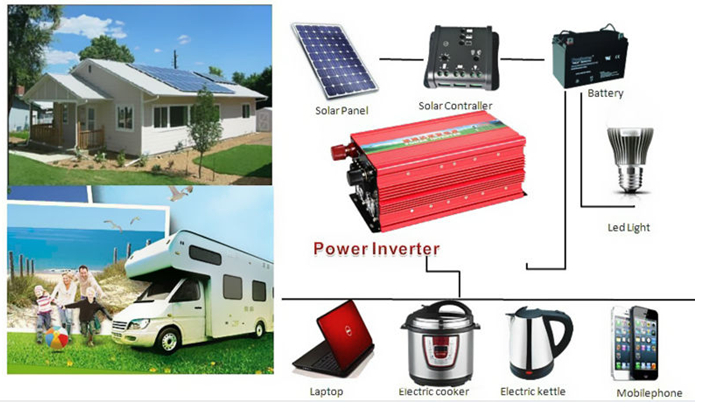

4. Solar Inverter, High quality Single Phase Modified Sine Wave 3000w Specification
Model No. | DMD-3000W/24V/F/CA | |
Input Section | DC Input Voltage | 24V |
DC Operating Voltage | 21-29V | |
DC Low-voltage Protection | 18.5-20.5V | |
DC Low-voltage Alarm | 19.5-21V | |
DC Over-voltage Protection | ≥29V | |
Fuse | 20A*2 | |
Quiescent Current | ≤0.5A | |
Output Section | Output Waveform | Modified Sine Wave |
Output Voltage | 220V±10% | |
Output Frequency | 50Hz±1% | |
Power Rating | 3000W | |
Continue Output Rating | 3000W | |
Peak Power Rating Output | 6000W | |
Transfer Efficiency | ≥90 % | |
Overload Protection | 3000W--3600W | |
Short-circuit Protection | Yes | |
Operating Temperature | -10°C--+50°C | |
Temperature Protection | +60°C--+70°C | |
Green LED Indicator | Green Light(Working),Flash(Overload Protection) | |
Red LED Indicator | Red Light(Error Protection) | |
Size | Size: 305 x 165 x 125mm | |
Weight | 5.5kg | |
Packing | Color box packing or skin packing | |
5. FAQ of Solar Inverter, High quality Single Phase Modified Sine Wave 3000w
Q1:Can we visit your factory?
A1:Sure,welcome at any time,seeing is believing.
Q2:Which payment terms can you accept?
A2:T/T,L/C,Moneygram,Paypal are available for us.
- Q: What is the impact of temperature on the performance of a solar inverter?
- The impact of temperature on the performance of a solar inverter is significant. As temperature increases, the efficiency of the inverter tends to decrease. This is because higher temperatures can lead to increased resistive losses, increased internal losses, and decreased power conversion efficiency. Additionally, overheating can cause the inverter to shut down or operate at reduced capacity to prevent damage. Therefore, it is important to consider temperature management and cooling strategies to optimize the performance and lifespan of a solar inverter.
- Q: Can a solar inverter be used with solar-powered streetlights?
- Yes, a solar inverter can be used with solar-powered streetlights. The solar inverter converts the direct current (DC) generated by the solar panels into alternating current (AC) that is required to power the streetlights. This enables the solar-powered streetlights to function efficiently and effectively.
- Q: What is the cost of a solar inverter?
- The cost of a solar inverter can vary depending on factors such as the brand, capacity, and features. Generally, residential solar inverters can range from a few hundred dollars to a couple of thousand dollars. Commercial-grade inverters can cost several thousand dollars to tens of thousands of dollars. It is recommended to consult with a solar installer or supplier to get an accurate cost estimate based on your specific requirements.
- Q: What is the role of reactive power control in a solar inverter?
- The role of reactive power control in a solar inverter is to manage and regulate the flow of reactive power in the electrical system. It helps to maintain a stable voltage level, improve power factor, and ensure efficient operation of the solar inverter. By controlling reactive power, the inverter can mitigate voltage fluctuations and provide optimal power quality, making the system more reliable and compliant with grid requirements.
- Q: Can a solar inverter be used in a solar-powered irrigation system?
- Yes, a solar inverter can be used in a solar-powered irrigation system. The solar inverter is responsible for converting the DC (direct current) power generated by the solar panels into AC (alternating current) power that is required for operating the irrigation system. This allows the solar panels to provide the necessary energy to power the irrigation system, making it an efficient and sustainable solution.
- Q: What is the role of transformerless design in a solar inverter?
- The role of transformerless design in a solar inverter is to eliminate the need for a bulky and heavy transformer, resulting in a smaller, lighter, and more efficient inverter. By removing the transformer, the design reduces energy losses, improves power conversion efficiency, and lowers manufacturing and installation costs. Additionally, transformerless inverters allow for increased flexibility in system design and make it easier to integrate with other renewable energy sources and smart grid technology.
- Q: How does a solar inverter handle shading on the solar panels?
- A solar inverter handles shading on the solar panels by utilizing maximum power point tracking (MPPT) technology. This technology enables the inverter to constantly monitor the output of each individual solar panel and adjust the voltage and current to ensure maximum power generation. When shading occurs on a panel, the inverter adjusts the voltage and current to bypass the shaded area and optimize the output from the unshaded areas. This allows the system to still generate as much power as possible, despite the shading.
- Q: What is the maximum power capacity of a solar inverter?
- The maximum power capacity of a solar inverter can vary depending on the model and specifications, but it is generally in the range of a few kilowatts to several megawatts.
- Q: What are the key factors affecting the compatibility of a solar inverter with other system components?
- The key factors affecting the compatibility of a solar inverter with other system components include the power rating and voltage compatibility of the inverter with the solar panels, batteries, and electrical grid, as well as the communication protocols and interconnectivity requirements between the inverter and other system components. Additionally, the inverter's efficiency, protection features, and overall design should be considered to ensure seamless integration and optimal performance of the entire solar power system.
- Q: In a photovoltaic grid-connected project, the role of the inverter is to convert the voltage into AC 220V or 380V for the grid, since the transformer will raise the voltage again
- Self-use, do you mean off-grid system? Or else? Europe and Sweden side of the grid project electricity situation is also self-use? If not for their own use or spontaneous use is not used up, sent to other places electricity, you need a transformer?
Send your message to us
3ph Solar Inverter Modified Sine Wave 3000W
- Loading Port:
- China main port
- Payment Terms:
- TT or LC
- Min Order Qty:
- 50 unit
- Supply Capability:
- 1000 unit/month
OKorder Service Pledge
OKorder Financial Service
Similar products
Hot products
Hot Searches
Related keywords
